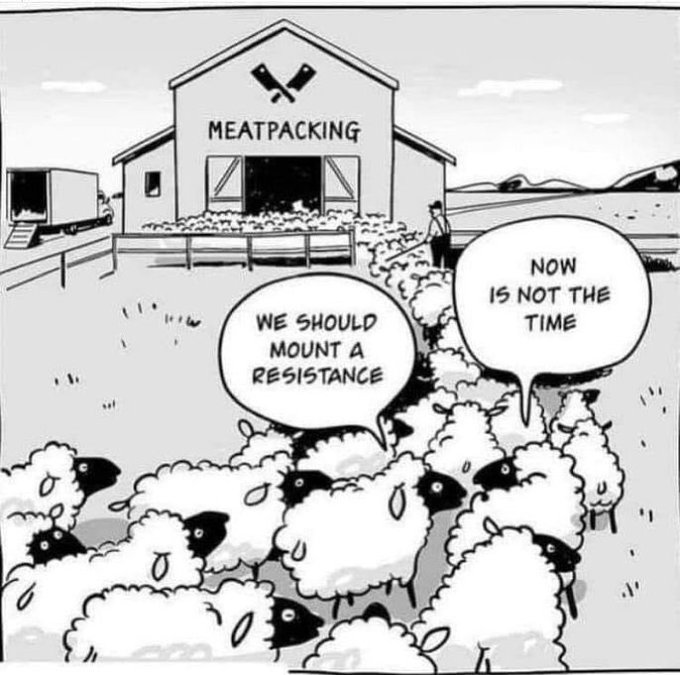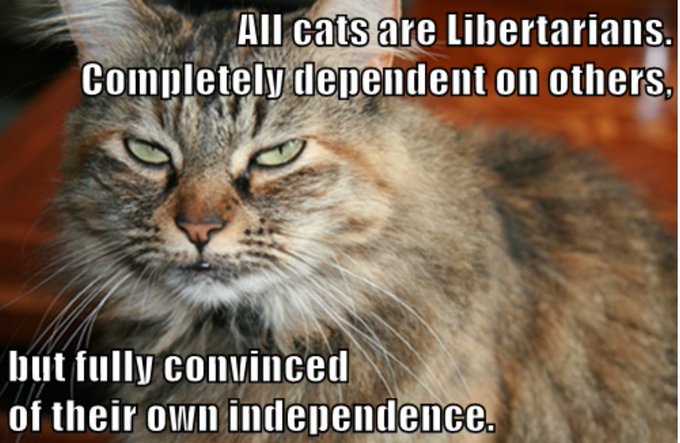What we are suffering from a shortage of collective pathways. The crisis we are walking into isn’t caused by a lack of charisma or vision at the top. It’s caused by the cultural trap we’ve built around individual solutions to systemic problems. #stupidindividualism – the obsession with personal leaders, personal brands, personal genius – is going to kill millions and displace billions over the next 20 years. Not because individuals are inherently harmful, but because individualism is the wrong tool for a collapsing world.
Vertical thinking can’t see horizontal realities. If your whole value system is built around leaders, ranks, and “key figures,” you will be blind to the commons, to networks, to peer processes, to messy collective agency. And this blindness is not neutral, it accelerates #climatechaos, feeds the #deathcult, and locks us into the same extractive paths that got us here in the first place.
The way forward isn’t another charismatic savior or another “hero innovator.” What we need is to balance collective pathways built from the ground up. Any working future needs:
- Networks, not heroes. Because no single person can hold the complexity ahead.
- Practices, not brands. Because technique and culture outlast personalities.
- Open processes, not closed hierarchies. Because transparency is the only antidote to captured systems.
- Shared governance, not managed optics. Because appearance won’t save us, but participation might.
- Messy, compostable infrastructures, not shiny hype machines. Because real change grows from what we renew, reuse, and reimagine, not what we market.
This thinking points toward the #OMN, not as a product, not as a platform, not as “the next big thing,” but as a path. A way of organising, publishing, coordinating, and governing that is native to the horizontal world we actually live in. A way to compost the #techshit and grow something more real.
We don’t need better leaders, we need better collectives, we need spaces where the horizontal becomes visible again. And we need them now.

The #mainstreaming has a crap story, they say that the crisis of communication – the noise, the chaos, the misinformation, the anxiety – can only be solved by “returning to trusted sources.”
They will argue that decentralized media is dangerous, that the “wild internet” must be cleaned up, that only vetted, official voices should have reach.
They will say that decentralized paths, all horizontal spaces are inevitably viral cesspools, and that our #openweb native podcasts, newsletters, open blogs, fedi servers are similer unregulated contamination. The growing fascism, in the end, will push that non-institutional voices are a threat to public order. That public conversation must be brought back under professional management, them.
The line will be simple: “Let the experts speak. Everyone else, sit down.” This is the predictable response of a broken society that lost control of its own narratives. And yes, they are right about one thing, that Big Tech is a sewer. The #dotcons profit from rage, division, algorithmic sewage, and emotional manipulation. Their business model is engineered disinformation. They are the factories of mess we live in.
But the establishment’s mistake, or more accurately, their strategic convenient lie, is pretending we, the #openweb, are the same, we are not. The #fediverse is not Facebook, Podcasts are not TikTok, Blogs and newsletters are not X, the #openweb is not #AlgoMedia.
We are: human-scale, chronological, transparent, open-process, community governed, non-addictive, non-manipulative. Decentralized media is not chaos – it is plurality. The messy public – not the polished elitists – speaking in many voices.
The establishment wants a return to vertical media because they cannot see horizontal people. Their value system literally blinds them. They believe discourse must be orderly, top-down, fact-checked by institutions that have long since been captured by the #deathcult of capital and careerism.
The problem is not that too many people speak, the problem is that too few people have been allowed to listen. The #OMN is the seedling of the opposite vision, many small voices, widely distributed, human editorial networks, community amplification and messy compostable infrastructure. The fedi, podcasts, blogs, newsletters – these are not the disease. They are the immune system emerging in response to the disease.
The establishment sees disorder, we see a rewilding,
They see danger, we see a necessary correction.
They see fragmentation, we see a path back to collective agency.
Not only that, but the current #mainstreaming are desperate to recentralize the narrative because decentralization breaks their #deathcult monopole on truth, framing, and attention. The people do not need saving from themselves, they need saving from the system that hijacked their voices. They need a native path that is open, messy, federated, to push compostable public media, where trust is earned through transparency, not authority.














